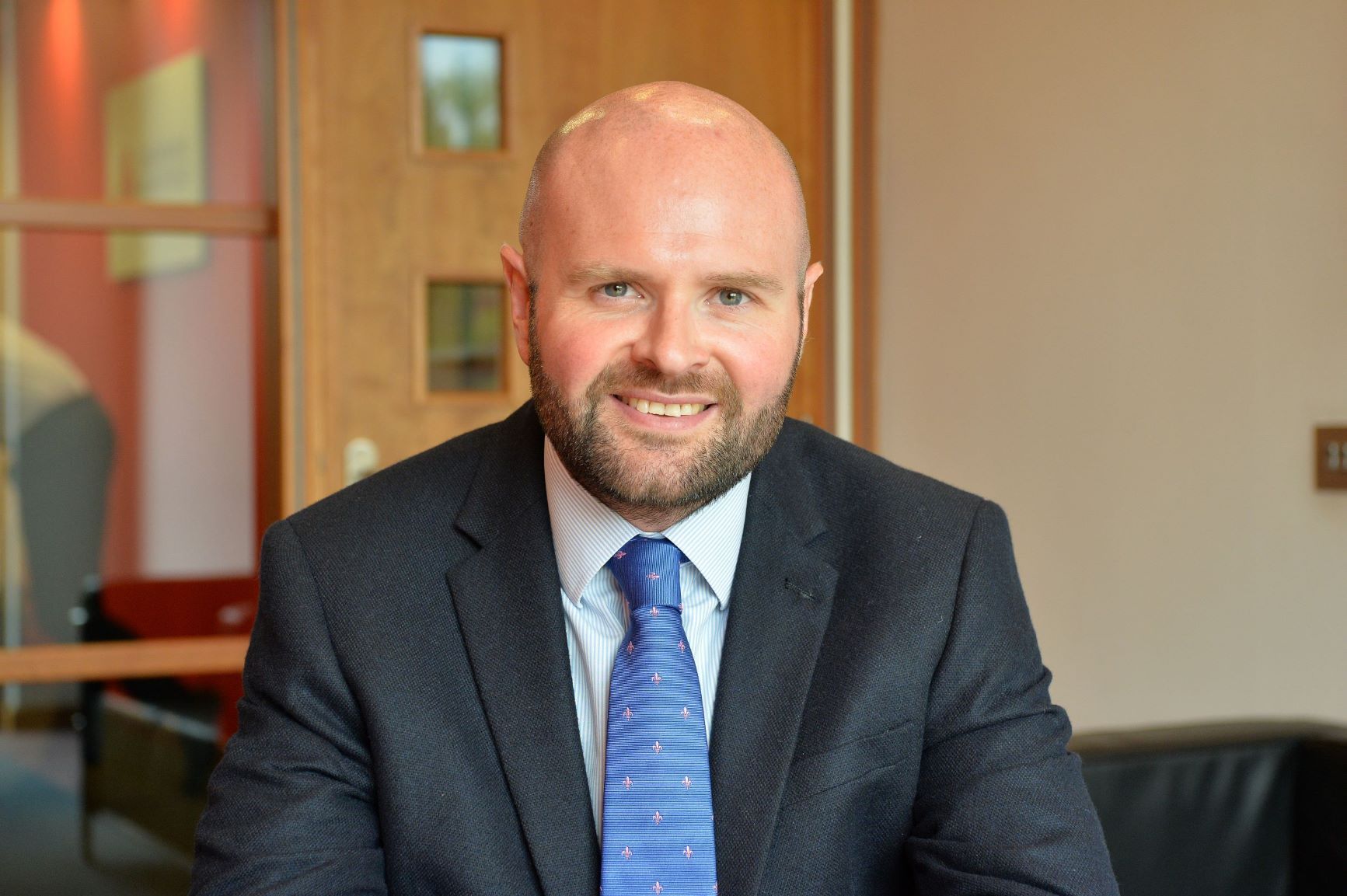Newsletter Sign Up
Latest News
COVID-19: “At a time like this it is important to share ideas, thoughts and practices as ultimately we are all in this together”
The talk of Wuhan already seems a lifetime ago. A city with a larger population than London that many, including me as a geography graduate, had never heard of. Since then, new words and phrases have come into our day-to-day lives, some of which I hope may be temporary, some of which are likely to become the norm.
Furloughing, Zoom, Teams, social distancing and self-isolation. I read with interest that the Oxford Dictionary has made an extraordinary update to include Covid-19 and words related to the pandemic in its definitive record of the English language. One of these is the abbreviation “WFH”, which will be one that is undoubtedly here to stay. I have never been one for corporate lingo but you don’t have to think too far outside of the box to see where we are heading.
Covid-19 has forced us to live, work, shop and play to a different rule book. People who previously didn’t trust Amazon and online grocery shopping and banking now have fingerprint enabled logins to access accounts and enable one click delivery and transactions. My father, who was always sceptical of purchasing from eBay, is now an active eBayer, bulk-buying aniseed balls at a discount with the temporary closure of his local confectionary store.
Some employers, who previously didn’t trust employees to work from home, are now realising the productivity benefits of doing so. At the same time, employees who may have had their frequent requests to WFH turned down are complaining about having to stare at the same white-washed bedroom wall everyday with virtual communication being the only option. We are all suddenly conscious of what is behind us as the laptop video camera lens spans beyond our heads and shoulders, and are continually forgetting to switch the microphone mute button off whilst delivering key messages to clients and colleagues.
Innovation is at its best. Restaurants becoming takeaway outlets overnight, retailers offering delivery and click-and-collect services that never previously did this. I have always wondered why Aldi has never entered the online delivery market and yet its new delivery boxes launched last week sold out in minutes. Bedrooms have become offices, lounges have become schools, kitchens have become bakeries and the outside is the new gym.
Critically, exhibitions halls and conference centres have become hospitals, ordinary people have become NHS volunteers and people are saying ‘hello’ to one another on pavements and across roads (respecting the two-metre rule, of course), an activity normally confined to public footpaths only when wearing suitable hiking attire.
Businesses are having to respond accordingly and manage remote working with employees and clients, managing the wellbeing of staff and their families as a key priority whilst also seeking to maintain business continuity as far as possible.
I wanted to share some of the things we are doing at Cushman & Wakefield in response to Covid-19. I am sure many others are doing similar or maybe better, but at a time like this it is important to share ideas, thoughts and practices as ultimately we are all in this together.

Our recent activities and measures developed specifically in response to Covid-19 span external and internally-facing initiatives. These include:
External
• Supporting the NHS to identify suitable sites and premises to support its response.
• Providing regular market and economic updates, trackers, snapshots and insight across all sectors into what is happening and the impact this is having, to inform investment decision-making – we find that clients really value this insight at this time.
• Launching ‘Covid-19: UK Real Estate Perspectives’: https://www.cushmanwakefield.com/en/united-kingdom/insights/covid-19, a focused thought leadership series of wide-ranging and provocative perspectives, on highly topical subjects, written by experts across our business.
• Developing a Recovery Readiness Task Force to lead the development of best practices, products and partnerships to prepare clients for post-Covid-19 recovery.
• Creating new products and solutions to help commercial landlords and tenants manage social distancing, including the exciting new design concept ‘Six Feet Office’, which is currently being tested at Cushman & Wakefield’s Amsterdam office.
The ‘Six Feet Office’ design concept consists of elements that include a visually displayed unique foot traffic routing for each office to ensure employees maintain the recommended six feet apart for social distancing.
• Organising ‘What’s Next’ seminars and webinars focusing on recovery and predictions post Covid-19, including sessions for specific clients.
Internal
• Supporting colleagues to become NHS volunteers.
• Devising online ‘Coffee Breaks’ with senior leaders and colleagues, and staff webinars on promoting health and wellbeing from leading external experts and psychologists.
• Delivering online learning and skills development training on working effectively from home and launching ‘Colleague Films’ for colleagues to share how they are adapting to the new ways of working.
• Launching ‘CWSocialembrace’ and ‘CushFamilies’ – dedicated online portals housing a host of interactive materials for colleagues, parents and families, including tips on how to stay healthy, promote wellbeing, along with challenges and competitions.
• Announcing a Global Employee Assistance Fund, part of a $5 million commitment to employee assistance programs for those impacted by the Covid-19 pandemic to provide immediate financial support to employees.
Covid-19 will have some long-lasting impacts on society and the way we live, work and play. As economic development professionals, this has relevance to us all. We cannot sit still and think of the pre-Covid-19 past. We need to look ahead to a future, which will be different but hopefully for the better once we are through this immediate crisis.
Ben Pretty is a Partner at Cushman & Wakefield and a Director of the Institute of Economic Development
